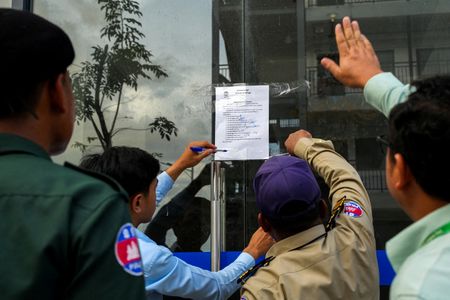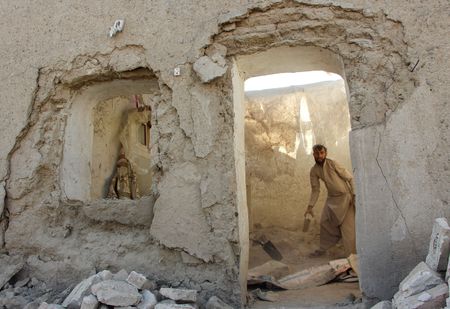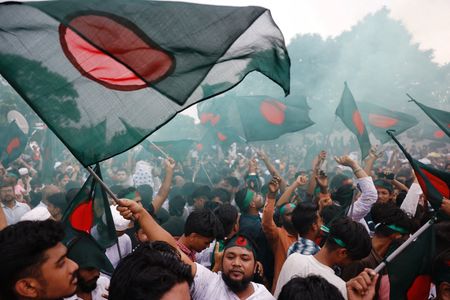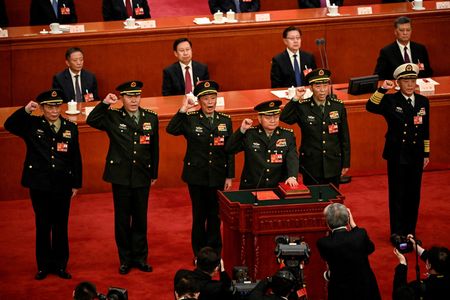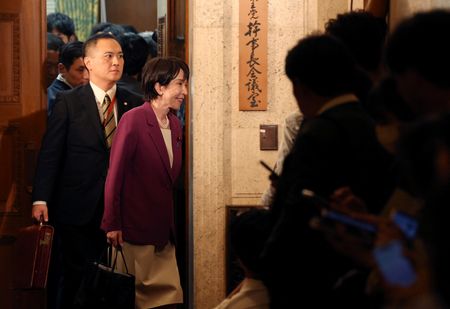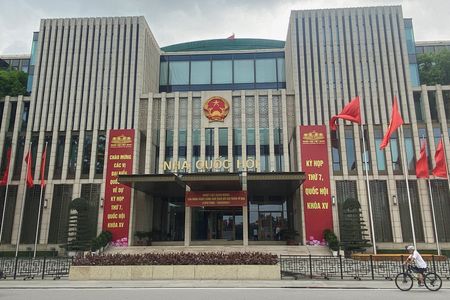By Heejung Jung
SEOUL (Reuters) -The death of a South Korean student lured into working in a scam centre in Cambodia with the promise of a good wage prompted Seoul this week to send officials to Phnom Penh to seek the release of people held against their will.
But not all those who end up in Cambodia are upstanding citizens, according to a South Korean missionary who works with people in a similar plight.
South Korean media said the college student, who was found dead in August, was tortured to death in a case linked to an employment scam. Cambodia’s embassy did not comment to Reuters about the case.
MOST WHO CAME ‘JUST WANTED TO MAKE MONEY, MISSIONARY SAYS
More than 1,000 South Koreans are believed to be among about 200,000 people of various nationalities involved in the scam compounds in Cambodia, South Korea’s National Security Adviser Wi Sung-lac said this week.
“Rarely did young people come with a good heart to be good to their parents,” Ok Hae-shil, a missionary living in Cambodia for 14 years who helped some South Koreans return home from scam compounds, told Reuters.
“Most of the people… just wanted to make money, thinking ‘whoever is harmed by this has nothing to do with me’.”
Ok said Cambodia was a country “where visas are very simple, so those in nearby countries who have visa difficulties or living issues think Cambodia is easy for them to come live and smooth over issues with bribes.”
The United Nations estimates the scam centres, which have emerged in Southeast Asia since the COVID-19 pandemic, generate billions of dollars in revenue for criminal networks every year, targeting victims through phone and online scams.
BAN ON TRAVEL TO SOME PARTS OF CAMBODIA
South Korea issued a “code-black” travel ban for parts of Cambodia on Wednesday, and dispatched a team of high-level officials to help other nationals lured into working in scam compounds.
About 60 South Korean nationals will be flown back to Seoul on Saturday, but Wi said these were people suspected of committing crimes who were being expelled from Cambodia with police escorts and would be arrested in South Korea.
“Those people would have had their own position (in scam centres) and played roles like a manager,” said Ok.
Ok said he and his peers had paid several million won for some young people to obtain new passports and plane tickets to return from Cambodia to Seoul, but that some of those individuals had returned with friends and sold them off.
Wi said Cambodia had the right to respond to crimes on its own soil, and that the best course of action for South Korea was to cooperate.
“After this week, everyone (operating the scam centres) will settle down and hide, move to other countries… but there’s nothing we can do at this time,” Ok said.
PRESIDENT ORDERS BAN ON ONLINE ILLEGAL JOB ADS
Other moves by South Korea include an order by President Lee Jae Myung on Friday for the urgent removal of online illegal job advertisements – not only for Cambodia but also for Southeast Asia as a whole – to stem the flow of nationals being lured in the first place.
But Ok said he believed the underlying issue was more systemic.
“If South Korea had a situation where young people could find jobs and live while being rewarded for their work… they wouldn’t have done this,” said Ok.
“But education has focused only on successful high salaries at large corporations and public enterprises for so long.”
The South Korean government did not immediately respond to his remarks.
(Additional reporting by Yunji Ha and Jungmin Ryu, Writing by Joyce Lee, Editing by Timothy Heritage)

